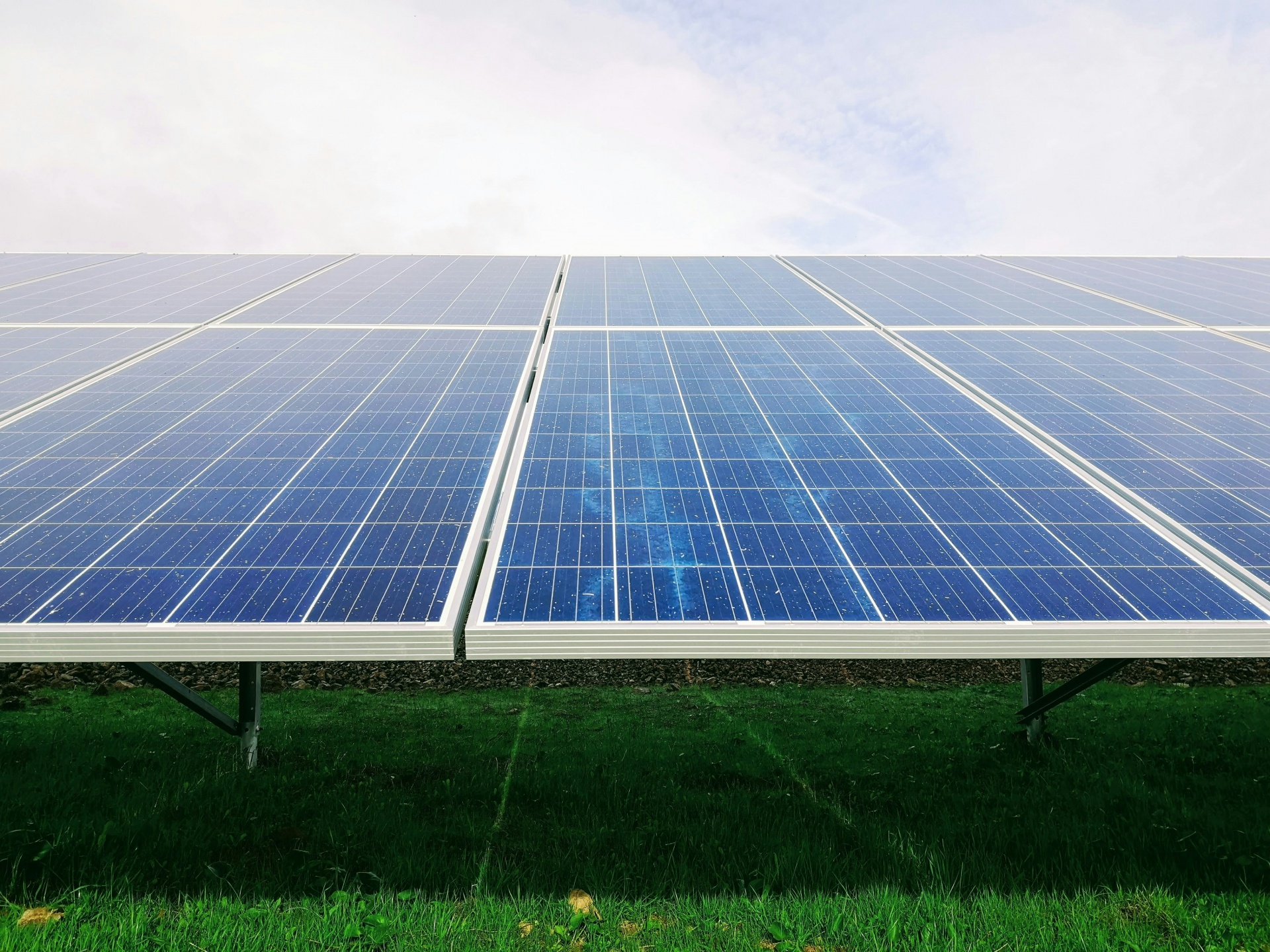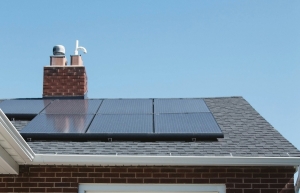Vietnam considers differential solar rates for north
In a meeting held on July 26 focused on refining the draft decree for promoting self-produced and self-consumed rooftop solar power, Deputy Prime Minister Tran Hong Ha instructed the ministry (MoIT) to assess the situation.
A 20 per cent purchase rate is a notable increase from the 10 per cent initially proposed for the central and southern regions of Vietnam.
 |
Accordingly, the DPM’s adjustment is a departure from its initial proposal of compensating for 10 per cent of the surplus electricity fed into the national grid.
Previously, the MoIT had also set the purchase price at VND671 (2.5 US cents) per kWh. However, in alignment with the new directives, they are now contemplating adopting net metering or the lowest bid price in a competitive electricity market at the time of purchase.
The dialogue also covered the integration of safety standards and fire prevention measures to streamline procedural and documentation processes under clear policy directives.
The German Development Agency (GIZ) has previously highlighted concerns that limiting power feeds into the grid could retard the growth of the rooftop solar market and escalate future power shortages. "Occasionally, systems are installed with minimal capacities, failing to utilise available roof space fully, which leads to inefficiencies and underutilisation of the sector’s potential," remarked GIZ.
GIZ recommends that rooftop solar installations be designed to accommodate appropriate capacity scales to prevent surplus production and facilitate efficient partial grid feed-in systems.
"Feed-in limits should be adaptable, modifiable based on the real-time operations of the power system and current electricity demands," the agency advised.
Rooftop solar investor Nguyen Thanh Nam told local media, "The current cap on feeding only 10-20 per cent of generated capacity into the grid is excessively restrictive. There's a consensus among investors for a potential increase up to 30 per cent, alongside necessary price adjustments to ensure the financial viability of such investments."
Nam also criticised the proposed purchase price of 2.47 US cents/kWh as insufficient.
"It's merely a third of the rates offered under the earlier schemes, whereas the investment cost for 1 kWp of rooftop solar is estimated at VND 9-11 million ($360-440),” he said. "Households predominantly active during peak evening hours due to daytime work commitments see little to no benefit from these installations. Conversely, those with higher electricity requirements or intentions to enter the electricity market demand higher prices to counterbalance their upfront costs."
Responding to inquiries, a senior official from the Department of Electricity and Renewable Energy at the MoIT stated that the agency would persist in refining its strategies following the DPM Ha’s guidelines.
"Rooftop solar development must be in harmony with the National Power Development Plan VIII,” the official stated.
The approved grid-connected power capacity stands at 2,600MW, yet the plan targets 50 per cent of public buildings and residential structures to adopt rooftop solar by 2030, without imposing a capacity cap.
"The percentage of capacity that can be integrated into the grid needs meticulous calculation and evaluation to align with the national planning. Additionally, regional capacity percentages will be scrutinised to prevent discrimination and guarantee equitable benefits for the public and businesses," the official emphasised.
"The ultimate objective is to finalise a decree on self-produced and self-consumed rooftop solar that not only encourages participation and simplifies processes but also minimises investment costs while preventing negative societal impacts and resource wastage," he added.
 | Excess rooftop solar power sales capped at 10 per cent of capacity Deputy Prime Minister Tran Hong Ha instructed the Ministry of Industry and Trade (MoIT) on July 10 to present a plan that will enable households to sell excess rooftop solar power, capped at 10 per cent of their total capacity. |
What the stars mean:
★ Poor ★ ★ Promising ★★★ Good ★★★★ Very good ★★★★★ Exceptional
Related Contents
Latest News
More News
- Trung Nam-Sideros River consortium wins bid for LNG venture (January 30, 2026 | 11:16)
- Vietnam moves towards market-based fuel management with E10 rollout (January 30, 2026 | 11:10)
- Envision Energy, REE Group partner on 128MW wind projects (January 30, 2026 | 10:58)
- Vingroup consults on carbon credits for electric vehicle charging network (January 28, 2026 | 11:04)
- Bac Ai Pumped Storage Hydropower Plant to enter peak construction phase (January 27, 2026 | 08:00)
- ASEAN could scale up sustainable aviation fuel by 2050 (January 24, 2026 | 10:19)
- 64,000 hectares of sea allocated for offshore wind surveys (January 22, 2026 | 20:23)
- EVN secures financing for Quang Trach II LNG power plant (January 17, 2026 | 15:55)
- PC1 teams up with DENZAI on regional wind projects (January 16, 2026 | 21:18)
- Innovation and ESG practices drive green transition in the digital era (January 16, 2026 | 16:51)

 Tag:
Tag:




















 Mobile Version
Mobile Version